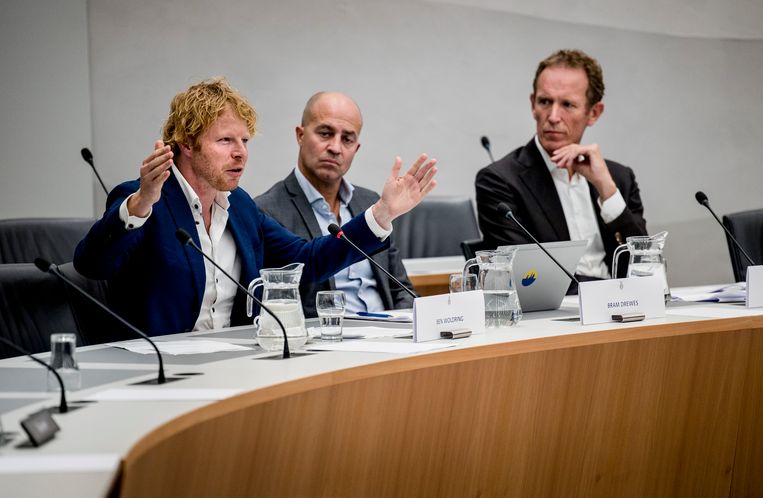Experts who were allowed to inform parliamentarians on Wednesday afternoon on how to alleviate energy shortages among Dutch households are ringing alarm bells. Nibud manager Arjan Vliegenthart begins by declaring that his budget institute is being “shocked and emailed” by stunned Dutch who still have a portion of their unsatisfactory energy bill left at the end of the month. This is a partially different group from the people we usually talk to. This is a group that is not used to financial pressures, but is now struggling to make ends meet for the first time in years.
Additionally, there are regular Nibud customers who have been struggling to make ends meet for some time. Nibud now has little to offer this group, because the budgeting and savings tips offered by the institute have been applied to these people for a long time. They just can’t handle it anymore. Vliegenthart estimates that a third of all Dutch households will run out of money within the next few months as a result of higher energy prices.
Then the power suppliers ring the emergency bell. Ron Waite, Eneco’s Energy Transmission Manager, reports that two thousand anxious and desperate customers are on the line every day. A quarter of Eneco’s customers are behind, two thirds of them are behind by more than 1,000 euros. Bram Drewes, Director of Customer Experience at Vattenfall: “I’ve been in the energy sector for 22 years, but I’ve never experienced anything like this before. The number of calls has doubled. In customer service we have at times 700 customers on hold.
Huge amount to pay
Druze warns MPs that this is still the calm before the storm, because many energy consumers only have problems paying the final bill. About 10 percent of our customers deliberately keep their premiums low, because it fits their budget. These people are still paying their bill correctly, and therefore are not in the picture as help-seekers. But that group will soon have to pay a huge amount.
At the end of the round table discussion, two members of the House of Representatives attacked the central government. In their opinion, he is just “sticking on the plaster” and refusing to view poverty as a structural problem. Dordrecht alderman Peter Heijkoop: “Food poverty, menstruation poverty and now energy poverty again: it’s all about the same thing: not being able to make ends meet. The central government must do something structural to improve social security. Municipalities cannot continue to support themselves, they must The foundation must be sound.
So the problem is obvious, but not the best solution. The research agency CE Delft has examined six potential treatments on behalf of Eneco. These range from additional energy charges for the 800,000 low-income households to a lower energy rate or increased energy tax refund for the same group. Other options considered by CE Delft are the energy allowance linked to the Medicare Allowance (which benefits 4.7 million households) or an increase in flat tax refunds for all households.
Director Frans Ruijers says only the last two measures are possible at low cost to the government. Increasing the energy allowance for low-income people only (this group has already received a subsidy of 1,300 euros) requires considerable capacity from the municipalities. Moreover, this does not help families who are slightly above the lower income threshold, while the need for payment in that group is increasing rapidly. The disadvantage of increasing the tax refund for all Dutch people is that families who do not need help also benefit from it. At 12.8 billion euros per year, this solution is also very expensive.
price cap for families
According to Rooijers, GroenLinks and PvdA’s proposal to put a price cap on the first 1,500 cubic meters of gas and 3,300 kWh of electricity a household consumes equates to an increase in the fixed amount refunded on the energy tax. MP Henri Bontenbal (CDA) doubts whether this plan is feasible, because the government will then have to compensate energy companies for the lost income. Calculating this compensation is complicated.
It therefore appears that expanding the healthcare allowance with energy allowance is the best solution from CE Delft’s suite of options. But the Council of Ministers wants energy companies to contribute to the solution. After all, they are making “excess profits” due to high energy prices. Energy companies say they are ready to create an emergency fund for the energy poor, but how much money they want to allocate for this remains unclear.







